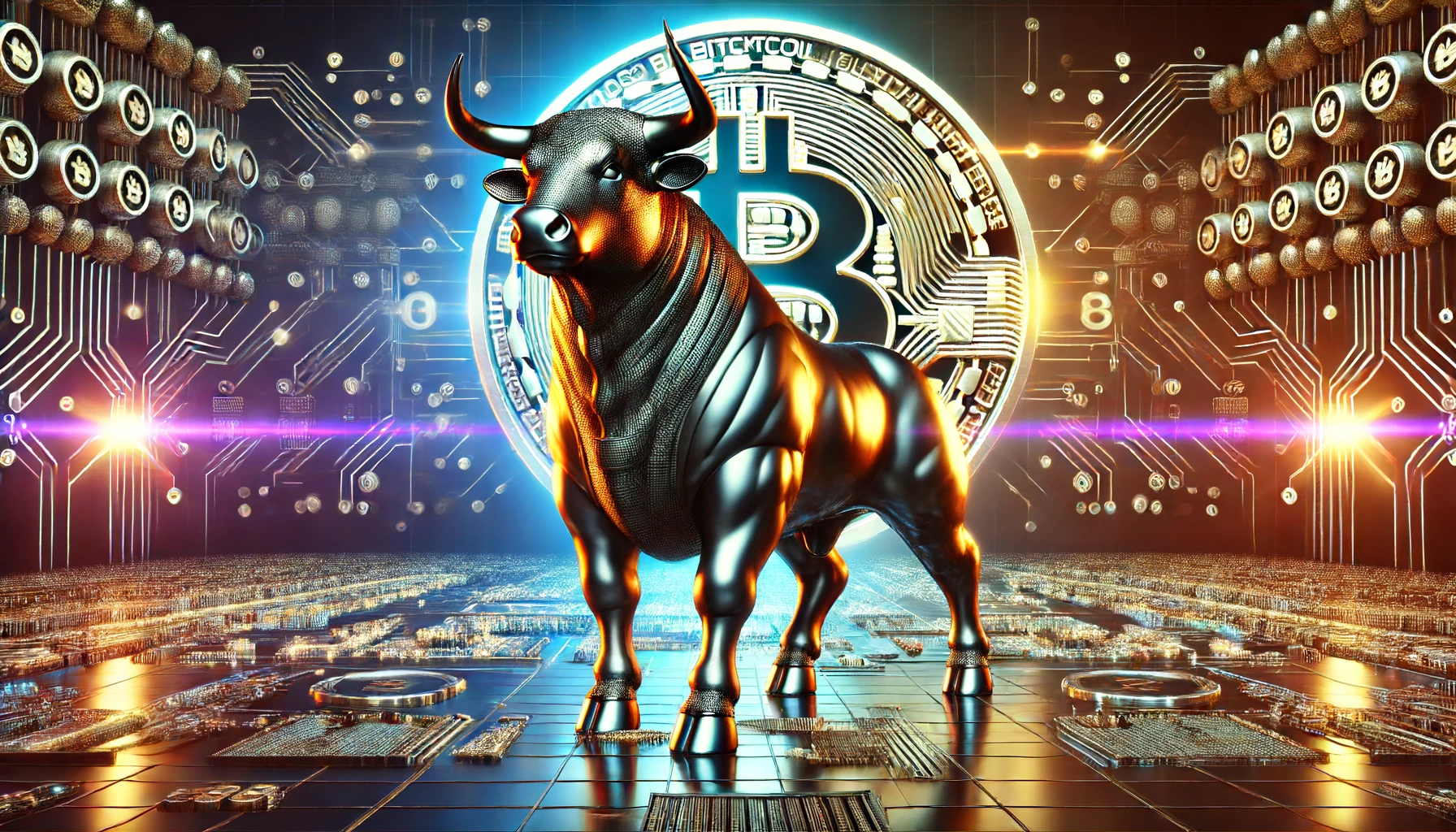Coinbase, the largest U.S.-based crypto exchange, has resumed operations in Hawaii after a seven-year absence, thanks to recent changes in the state’s regulatory landscape. This move could significantly impact the local crypto economy, enabling residents to participate more actively in the digital asset space.
Points
- Coinbase has re-entered the Hawaiian market after seven years, driven by new state regulations.
- The exchange’s return follows Hawaii’s regulatory reforms that no longer require crypto firms to hold a Money Transmitter License.
- Coinbase’s re-entry is expected to boost crypto adoption in Hawaii, offering a range of services including trading, staking, and international transfers.
- The move reflects broader trends in the U.S. towards more favorable crypto regulations.
After a seven-year absence, Coinbase, the largest publicly traded cryptocurrency exchange in the United States, has made its return to Hawaii. This re-entry into the Hawaiian market comes on the heels of recent regulatory changes in the state, which have created a more favorable environment for cryptocurrency businesses.
In its official statement, Coinbase highlighted that the new state regulations were pivotal in its decision to return. Specifically, Hawaii’s Department of Commerce and Consumer Affairs (DCCA) recently enacted reforms that allow crypto firms to operate without needing a Money Transmitter License (MTL). This change marks a significant shift in the state’s approach to digital assets, making it easier for companies like Coinbase to offer their services.
With this regulatory clarity, Hawaiian residents can now access Coinbase’s full suite of services, including buying, selling, staking, and managing cryptocurrencies. The exchange’s re-entry is expected to invigorate the local crypto economy by providing easier access to digital assets and enabling more residents to engage in the crypto market. This move also comes at a time when the broader U.S. market is seeing a push towards more crypto-friendly regulations, reflecting a growing recognition of the importance of digital assets in the financial system.

Coinbase’s stock price reacted positively to the news, with shares rising from $194.60 to as high as $201.10, closing at $197.94. This 3.23% increase reflects investor confidence in Coinbase’s ability to expand its market presence under favorable regulatory conditions. The announcement also positions Coinbase alongside other major crypto platforms like Robinhood, which has similarly expanded its services to Hawaii and other U.S. territories following the regulatory changes.
The regulatory shift in Hawaii follows the conclusion of the state’s Digital Currency Innovation Lab (DCIL) project, which ran from 2020 to mid-2024. The DCIL was a pilot initiative designed to explore and assess the digital currency ecosystem in Hawaii, and its findings have led to a more open and innovation-friendly environment for crypto companies.
Coinbase’s return to Hawaii is not just a win for the exchange but also a significant development for the state’s residents, who now have greater access to the digital economy. As more states in the U.S. consider similar regulatory adjustments, the move could signal a broader trend towards increased crypto adoption and integration across the country.
解説
- Regulatory Evolution: Hawaii’s decision to revise its crypto regulations, particularly the removal of the Money Transmitter License requirement, has been a game-changer. This move has made it easier for companies like Coinbase to operate, reflecting a more progressive stance on digital assets.
- Impact on the Local Economy: Coinbase’s re-entry into Hawaii is expected to boost local crypto adoption, providing residents with more opportunities to participate in the digital economy. The ease of access to trading, staking, and other crypto services could lead to increased economic activity and innovation within the state.
- Broader Implications: Hawaii’s regulatory changes are part of a larger trend in the U.S. towards more favorable crypto regulations. As other states potentially follow suit, we could see a significant expansion in crypto adoption and infrastructure, further integrating digital assets into the mainstream financial system.
